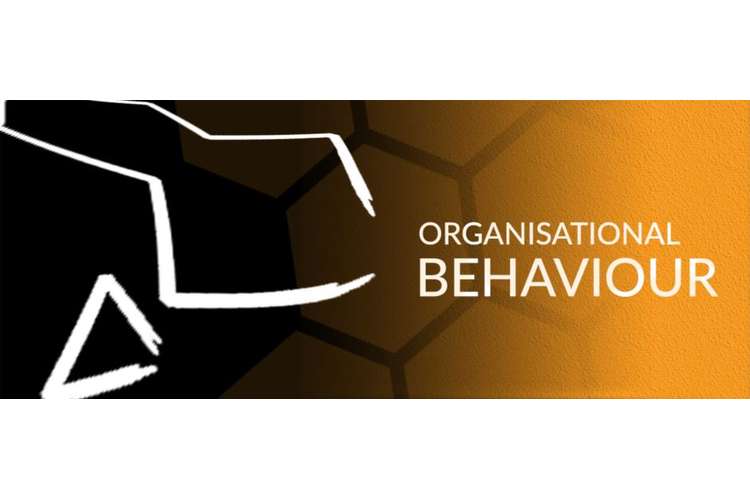
Do you Know that what are the Disciplines Contributing to the Knowledge of Organizational Behavior?
Organizational Behavior is a relatively new field of study. The body of research in this field has been continuously growing over the year. OB also draws from many other fields of scientific study, especially the humanistic discipline such as Sociology, Psychology, Economics, Political Science as well as Anthropology. Our understanding of OB today is a rich complex of the fundamental orientations of these disciplines.
For example, Sociology is concerned with the study of groups, and how membership of formal groups affect the behavior of people. Psychology enrich OB by explaining how the mental functions of a person, including the physiological and neurological processes, affect human behavior. The Economics perspective views all human behavior as a relationship between limited means and their alternative uses, and after all the work organizations are system created for business, even if not-for-profit. Since organizations are made up for multiple groups, a Political Science perspective is critical in understanding OB. Specially, political science helps understand how power for decision- making and action is allocated and transferred across diverse groups and Lastly, Anthropology traces the evolution of human behavior over a long term and its branches like cultural anthropology studies the differences in human behavior across cultural groups.

The formal courses in OB are often divided into Micro OB and Macro OB. While Micro OB deals with the dynamics of individual and group behavior with in organizations, Macro OB, also called Organizational Theory, studies whole organizations, how they adapt, and the strategies and structures that guide them. Sometimes, those who try to implement the principles of OB are criticized for their attempts to control or manipulate human behavior with scientific tools. But, In the current situation, OB can play major role in Organizational Development like, the process of planned, organizational change for organizational renewal and improved effectiveness.

thanks for this blog on OB
ReplyDelete